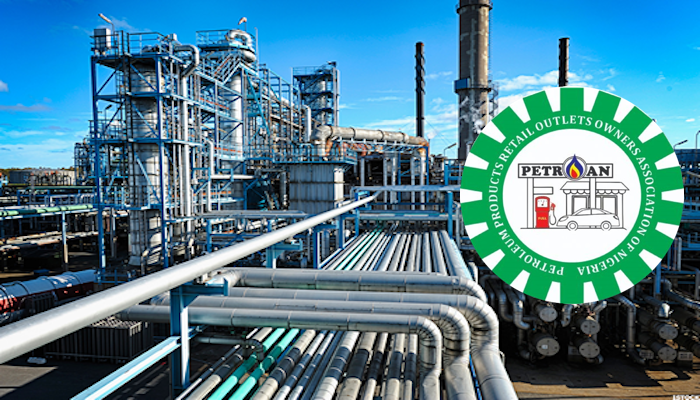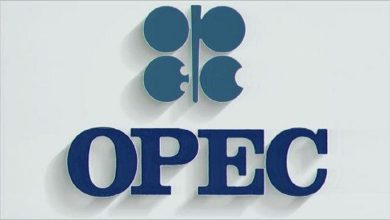Business
Delays in Port Harcourt refinery repair could worsen fuel scarcity – PETROAN

The Petroleum Products Retail Outlets Owners Association of Nigeria (PETROAN) has urged the Nigerian National Petroleum Company Limited (NNPCL) to strictly adhere to the 30-day repair timeline announced for the recently shut down old Port Harcourt Refinery.
PETROAN National President, Billy Gillis-Harry, expressed concerns over potential delays, stating that the rehabilitation, though necessary, must not exceed the scheduled duration to avoid worsening supply disruptions and economic hardship.
“We understand the refinery requires repairs, but we are urging NNPCL to ensure that the 30-day window is not just another announcement with no real follow-through.
”Delays could translate into greater suffering for Nigerians,” he said.
Among PETROAN’s key demands is the inclusion of the Premium Motor Spirit (PMS) blending unit in the ongoing maintenance.
According to the association, without it, the entire crude cracking process may offer little value in boosting petrol supply.
PETROAN also called on the Federal Government to take active steps in monitoring the process, recommending the creation of a task force made up of members of the Petroleum Industry Stakeholders Forum to oversee the repair operations.
To ensure transparency and public confidence, PETROAN also requested for weekly updates on the repair progress and urging that payments to contractors be handled promptly to avoid delays.
“The inclusion of all relevant stakeholders in a monitoring task force and timely communication with Nigerians will ensure accountability,” said Dr Joseph Obele, PETROAN’s National Public Relations Officer.
The group warned that failure to complete the repairs on schedule could lead to market monopolisation, limited supply, and rising costs, developments that would directly impact consumers and the already strained economy.
With rising inflation and lingering fuel distribution challenges, PETROAN said swift and transparent action on the Port Harcourt refinery was not just a technical necessity but a national economic imperative.



